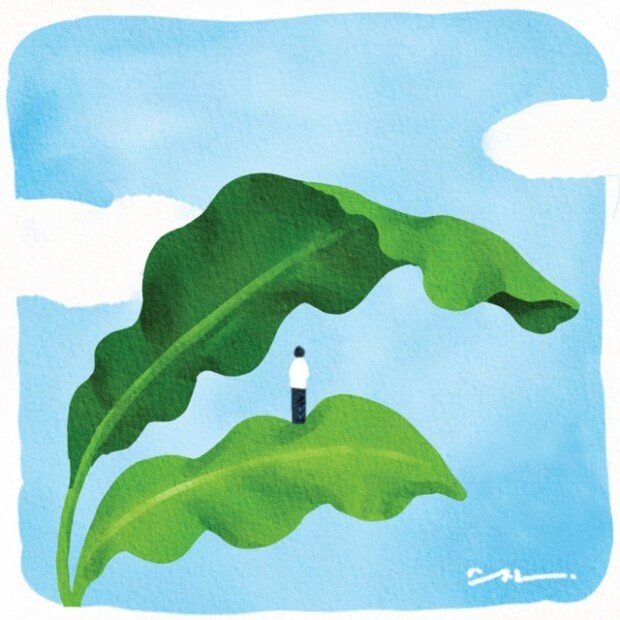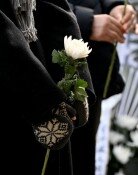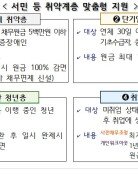The atmosphere of early summer
The atmosphere of early summer
Posted June. 17, 2022 07:45,
Updated June. 17, 2022 07:45

With summer on the horizon, plums are still holding sourness to their taste and the shadow of plantain by the window is shimmering on the silk curtain. The longer the days grow, the sweeter the nap becomes with the cotton on the willows being scattered by the breeze. Nature tells us summer is approaching, and the poet is relieving the boredom by looking at children rushing around to catch the cotton. While the plantain and the silk curtain are sharing their green tint, the poet is fully enjoying the atmosphere of early summer by feeling connected to children so excited catching the cotton balls.
The poet, just in his 40s at the time, couldn’t enjoy the luxury of relaxing as in the poem. He was staying in his hometown to mourn his father’s death for three years. The Royal Court was thrown into chaos, divided between doves and hawks due to the conflicts with the Jin Dynasty founded by the Manchurian Jurchens. As a hawk, he was busy visiting patriots and berating incompetent and corrupt leadership. In this sense, his taking time off and relaxing may seem a bit unfamiliar but it may have been a precious time for him.
This poem is the first one of a series of two poems. The poet keeps his eyes on children again in the second poem. He sings that “When he sprinkled clear spring water in his hands on the plantain for fun, children thought raindrops were falling.” Maybe he was trying to forget the grim reality and feel catharsis for a while through the prism of childlike innocence. While he was watching children without being distracted and sharing innocence with them, his suffering might have gently melted into the long summer days.






